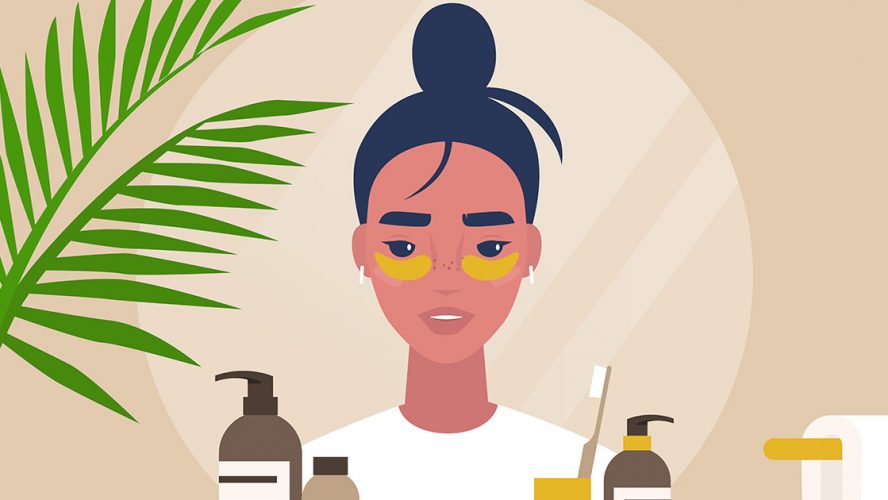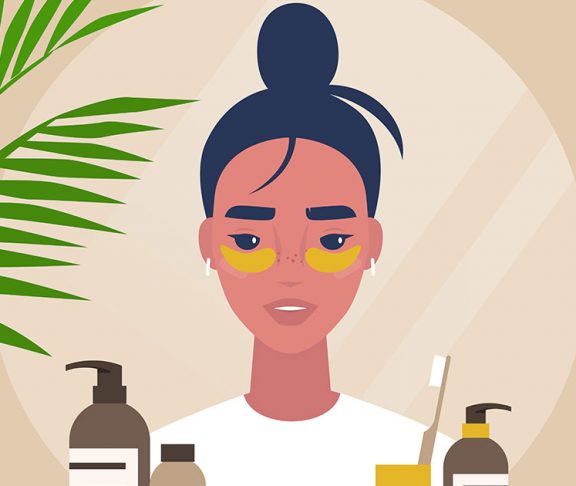
Matt Werbach
Editor, NPF Advance Magazine, National Psoriasis Foundation
Fall and winter weather and seasonal changes can impact your psoriasis or sensitive-skin symptoms, but there are ways to prevent or minimize flares.
Many people living with psoriasis and psoriatic arthritis (PsA) experience flares, and the colder months can exacerbate these painful episodes. People with sensitive skin can face similar challenges. And of course, with all the extra hand-washing and mask wearing due to the pandemic, everyone’s skin is currently at risk for irritation.
What is a flare?
A flare is when you have increased inflammation and the symptoms of your psoriatic disease worsen. This could mean symptoms showing up in new locations or symptoms becoming more severe. Flares can be mild or severe, frequent or rare. They can also vary in duration.
What can trigger a flare?
A trigger is anything that causes symptoms to increase, like cold weather for example. The fall and winter seasons present their own unique issues. We all know that extreme cold or changes in humidity do not do your skin any favors.
Tips for healthier skin
When the sun shines, enjoy it. Some people see improvements in their psoriasis with exposure to natural ultraviolet light from sunshine. Make sure to put sunscreen on all your exposed skin, including your psoriasis plaques, to prevent sunburn. Talk to your dermatologist about sunscreen recommendations for your psoriasis. Look for sunscreen that has “broad spectrum” on the label, indicating that it protects against UVA and UVB rays; has 30 or greater SPF; and is made for sensitive skin and is fragrance-free.
Wearing proper clothing is another way to keep skin healthy and prevent flares. Clothes made of breathable fabric like cotton are best during the warmer months, as are a hat and sunglasses. In the colder months, breathability is still important. If you are warm and bundled up, you don’t want to trap sweat against the body. Remember your gloves and hat and other items that help keep your exposed skin safer from the cold.
The heat or cold could trigger a flare but air conditioning or heaters can also dry out your skin. Make sure to use moisturizer frequently when you are often in climate-controlled rooms or cars.
Additionally, keep in mind that treatment is essential even with optimal environmental factors. Take your medications. Go to your appointments. Tell your doctor. If winter or summer weather is a trigger for your psoriatic disease, the last thing you want to do is get out of sync with your treatment schedule.
Get a healthy skin guide
There’s plenty more to know about keeping your skin healthy year-round, and each person’s experience is unique. The National Psoriasis Foundation has put its years of expertise into a skin health e-kit, which you can request for free.

